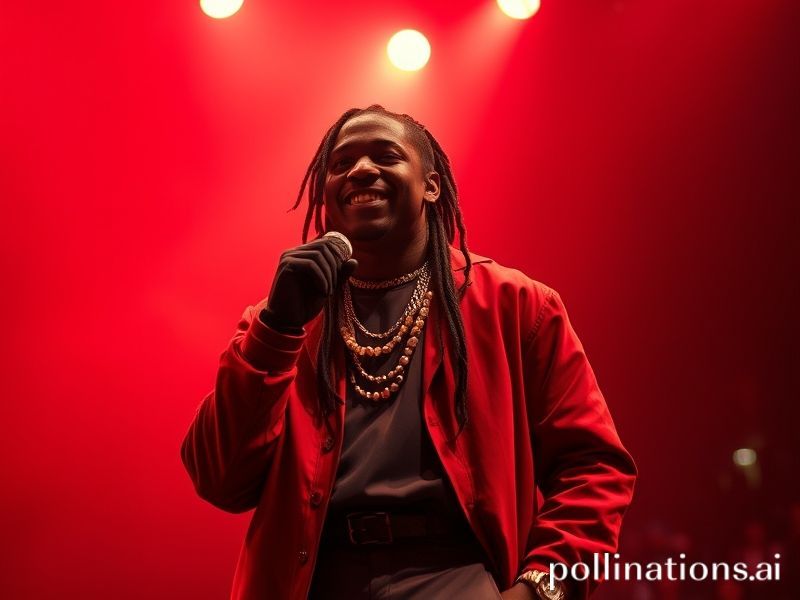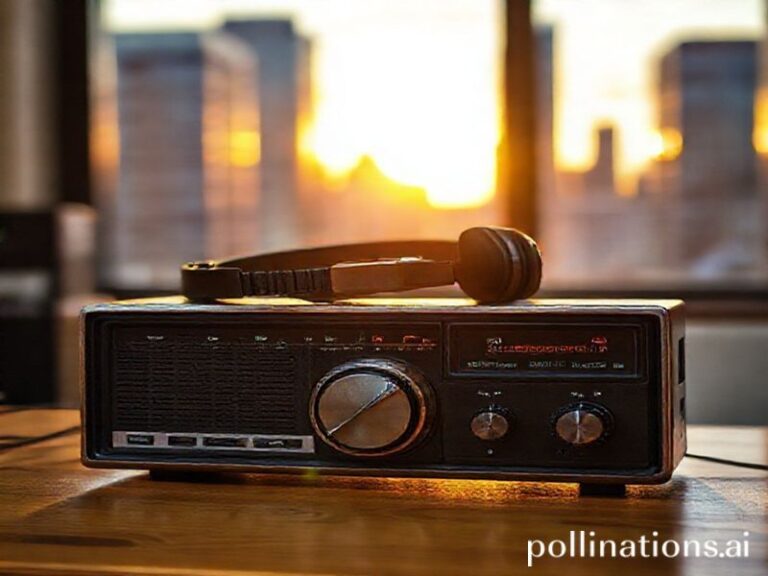From Stockholm Cells to Global Charts: How ASAP Rocky Became an Accidental Diplomat
ASAP Rocky, the Harlem-born rapper who once rhymed about “Goldie,” is now a walking geopolitical Rorschach test. From Stockholm to SoHo, his 2019 Swedish assault case became an unlikely referendum on race, privilege, and diplomatic etiquette—proof that in 2023, even a mixtape can detonate an international incident.
When Rocky and two associates were jailed for three weeks after a Stockholm street fight, the Swedish judiciary discovered what the rest of us have long known: American celebrities don’t do Nordic minimalism well. The cell reportedly lacked a proper duvet, a detail that sent U.S. Twitter into a frenzy normally reserved for oil shocks or missing aircraft. Enter Donald Trump, who, between covfefe sessions, demanded Sweden #FreeRocky—because nothing screams bilateral harmony like an all-caps tweet. Kim Kardashian added her imprimatur, apparently under the impression that Sweden had confused an A$AP with an IKEA product and misplaced the Allen key.
Stockholm’s prosecutors remained unmoved, citing a quaint Scandinavian principle called “rule of law.” The verdict—guilty of assault, sentence suspended—felt like a diplomatic shrug: “We’re sorry your rapper bruised his ego, but we do have bruiseable egos too.” The fine of 12,500 kronor (roughly the cost of one unreleased Yeezy sneaker) was paid, and Rocky flew home on Trump’s invisible diplomatic jet, prompting MAGA hats and hip-hop heads to share the same news alert for the first and last time in human history.
The ripple effects were immediate and ridiculous. Sweden’s tourism board reported a spike in U.S. searches for “Stockholm jail cells,” presumably from Americans hoping to recreate the authentic ASAP experience. Meanwhile, South Korean fans live-streamed their disappointment that the rapper’s Seoul leg of the Injured Generation Tour had been rescheduled, proving that K-pop isn’t the only export that can weaponize fandom across hemispheres. In Lagos, local artists sampled the Swedish courtroom audio for a track titled “Scandi Flex,” turning procedural Nordic into Afro-trap gold. Even Moscow’s rap Telegram channels weighed in, arguing that if Rocky had been detained in Russia, he’d still be waiting for a court date next to a guy named Boris who thinks the internet is sorcery.
Fashion houses pivoted faster than a UN peacekeeping convoy. Within weeks, Dior Men’s pre-fall lookbook featured models in ankle-monitor chic—velvet cuffs, matte-black hardware, the suggestion of house arrest as haute couture. The global supply chain being what it is, those cuffs were probably sewn in Vietnam, dyed in Bangladesh, and marketed from Paris by an intern who pronounces “A$AP” as “a sap.” Capitalism, unlike Scandinavian jurisprudence, has no off switch.
Five years on, the Rocky affair reads like a discarded storyboard for an absurdist Netflix mini-series: Episode 3, “The Ambassador’s Playlist,” in which Jared Kushner negotiates prisoner swaps via Spotify. Yet the episode’s moral lingers. In an era when soft power is measured in retweets and sneaker drops, a rapper with a felony playlist can still command presidential attention. The global takeaway? Cultural capital now outranks actual capital; influence is the new forex. Sweden learned it can jail a rapper but not the algorithm that immortalizes him. The United States learned that shouting at sovereign nations works only if the nation in question has better social services than you do. And the rest of us learned that geopolitics is just high school with nuclear codes: the cool kids still get the hallway moved for them, but now the hallway crosses time zones.
So the next time you queue up “Praise the Lord,” remember you’re not just nodding to a beat; you’re humming the soundtrack to a minor diplomatic crisis, a fashion micro-trend, and a masterclass in 21st-century soft power. All in under three minutes—faster than most UN resolutions and twice as catchy.







